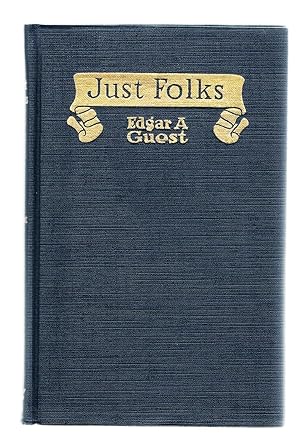Unimportant Differences
byUnimportant Differences opens with a quiet but firm reminder: what truly defines a person isn’t their background, beliefs, or affiliations. A man’s religion, political stance, or social status may catch the world’s attention, but it’s the heart behind his actions that leaves a lasting imprint. A life marked by kindness, fairness, and the ability to bring happiness to others speaks more loudly than banners or labels ever can. When all the surface layers are peeled away, what remains are the simple acts of good will and decency that shape how others feel in our presence. The poem gently dismisses the weight society places on categories, and instead, calls readers to remember what holds real value in human connection. Compassion, sincerity, and a fair spirit stand timeless against the fleeting labels we’re often judged by.
The poem’s message becomes even more compelling when seen through the lens of everyday life. In a world increasingly divided by opinion, difference, and echo chambers, this piece stands as a call to unity. It suggests that our most meaningful judgments should not stem from what divides us, but from how a person behaves when no one is watching. The quiet integrity of helping a neighbor, treating a stranger with respect, or sharing without expecting anything back—these are the true metrics of goodness. It is in these unpublicized, often unnoticed moments that one’s moral worth is revealed. This idea brings comfort, reminding us that true dignity is not awarded by institutions or popularity, but earned through day-to-day human decency.
Following this reflection, The Fishing Outfit offers a contrast in tone but a parallel in theme. Here, happiness is stripped of pomp and polish and tucked into the folds of an old, weather-worn fishing suit. That suit, though faded and frayed, represents a freedom and contentment few expensive garments could match. The narrator values it not for its looks, but for what it allows—a simple, honest retreat into nature, where judgment falls away and joy is found in ripples of water and the tug of a line. The poem makes no apology for preferring quiet over applause, simplicity over spectacle. This connection to nature, and to one’s truest self, is framed not as lack, but as wealth in its purest form.
By celebrating an unremarkable fishing outfit, the poem critiques the world’s obsession with appearances. Many dress for validation, seeking admiration or status through fabric and cut. But this narrator dresses for peace, comfort, and solitude. The fishing suit becomes a symbol of self-assurance—of knowing where joy lives and choosing it, even when it looks unimpressive to others. This commentary resonates for readers overwhelmed by performance, urging a return to what feels good instead of what looks good. It suggests that pleasure doesn’t have to be curated or posted—it can simply be lived, quietly and wholly.
Together, these poems draw a line between superficial value and inner richness. One shows us that true worth lies in how we treat people, not in what we believe or where we come from. The other reminds us that fulfillment often comes from small, personal rituals rather than grand achievements. They nudge us to let go of social comparison, and instead look inward for the qualities that actually matter—kindness, honesty, and the courage to find happiness in modest things. In doing so, they offer a kind of relief, a reassurance that we don’t need to win the world’s approval to live meaningfully.
Readers may find themselves reassessing what success, status, and identity really mean. These pieces do not demand perfection, nor do they celebrate wealth or ideology. Instead, they point to something far more accessible: being a decent human, and living a life filled with sincerity. Whether it’s showing up for someone in quiet support or finding joy in old clothes beside a riverbank, these poems celebrate the kind of richness that money can’t buy. They prompt us to pay closer attention to what truly fills our lives with meaning—and gently, they offer us permission to let the rest go.

